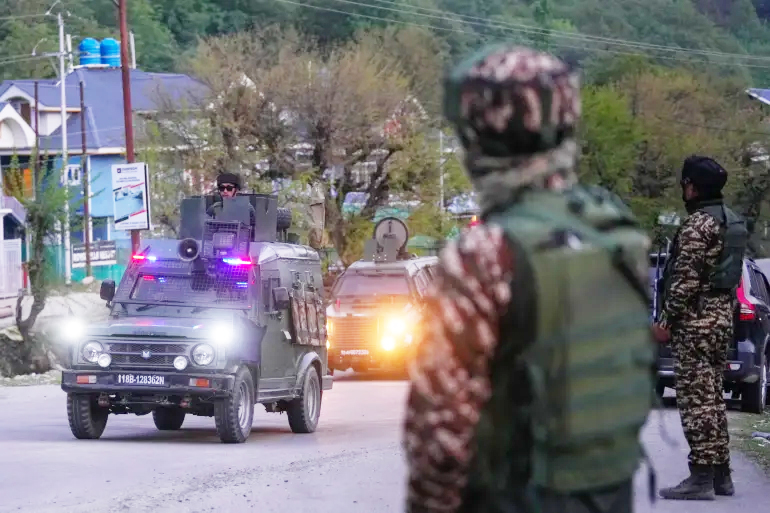| 2 months after Pahalgam terror attack: Nation rises above hate, reaffirms unity | | |  Sandeep Bhat Sandeep Bhat
Jammu, June 21: Two months after the horrific terror attack in the Baisaran Valley of Pahalgam, South Kashmir, which claimed the lives of 26 civilians—mostly tourists—India continues to respond with unity, compassion, and an unwavering commitment to its secular ideals.
On April 22, Pakistani terrorists attacked unarmed and innocent tourists in the Baisaran Valley of Pahalgam. This horrific attack was followed by Operation Sindoor by the Indian Defence Forces to dismantle terror infrastructure in Pakistan and Pakistan-occupied Jammu and Kashmir (PoJK).
The attack, orchestrated by terrorists allegedly acting on instructions from across the border, targeted unarmed tourists based on their religious identity in an apparent attempt to stoke communal tensions. However, rather than succumbing to division, the country stood firm in its resolve to uphold brotherhood and communal harmony.
Religious identity was cruelly exploited as a means of separating victims—a chilling distortion of faith used to justify indiscriminate violence. The attackers, in fleeing the scene, left behind grief, outrage, and a scar on the collective conscience of the nation. Their actions, condemned across the religious and ideological spectrum, defied both ethical principles and the spiritual teachings they claimed to follow.
In stark contrast, the response from local Kashmiris and the wider Indian Muslim community reflected moral clarity and spiritual solidarity. In the immediate aftermath, local residents sheltered pilgrims, offered free medical care and food, and joined peaceful protests demanding justice. These acts of humanity—offering protection to the innocent and support to the grieving—demonstrated the true essence of Islam and r “The Pahalgam massacre was not only a test of faith but a test of India's pluralism. While the attackers sought to provoke fear and division, what emerged instead was a resilient, compassionate society that reaffirmed its commitment to unity and moral courage”
Islamic scholars and leading Muslim organizations across India—including Jamiat Ulema-e-Hind, the All India Muslim Personal Law Board, and Darul Uloom Deoband—were quick to denounce the attack as “un-Islamic,” asserting that such violence is in direct violation of Islamic teachings and the principles of India’s secular democracy. They reminded the nation of the sacred teaching: “Whoever kills a person…it is as if he has killed all of humanity.”
The courage of ordinary citizens stood out amid the tragedy. Among them was Adil Shah, a local pony-wallah who lost his life shielding pilgrims from gunfire—an act of selfless bravery that echoed across the Valley and beyond. From Srinagar to Baramulla, thousands marched peacefully against terrorism, carrying placards and shouting slogans denouncing the killers and their foreign sponsors.
These were not mere displays of public sentiment, but powerful affirmations that the soul of Kashmir would not be surrendered to the forces of hate. Across the country, Muslims stood shoulder to shoulder with fellow citizens—organizing blood donation camps in Lucknow and interfaith vigils in Mumbai that brought together Hindus, Sikhs, Christians, and Muslims in collective mourning and solidarity.
The Pahalgam massacre was not only a test of faith but a test of India's pluralism. While the attackers sought to provoke fear and division, what emerged instead was a resilient, compassionate society that reaffirmed its commitment to unity and moral courage.
India’s strength, as the response to this tragedy illustrates, lies in its diversity, its secular foundations, and the quiet heroism of its people who refuse to let hatred dictate the nation’s future. |
|
